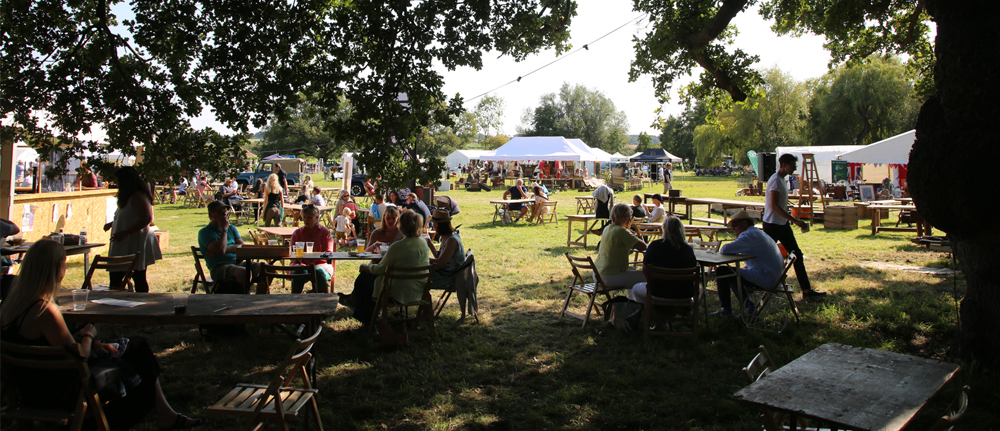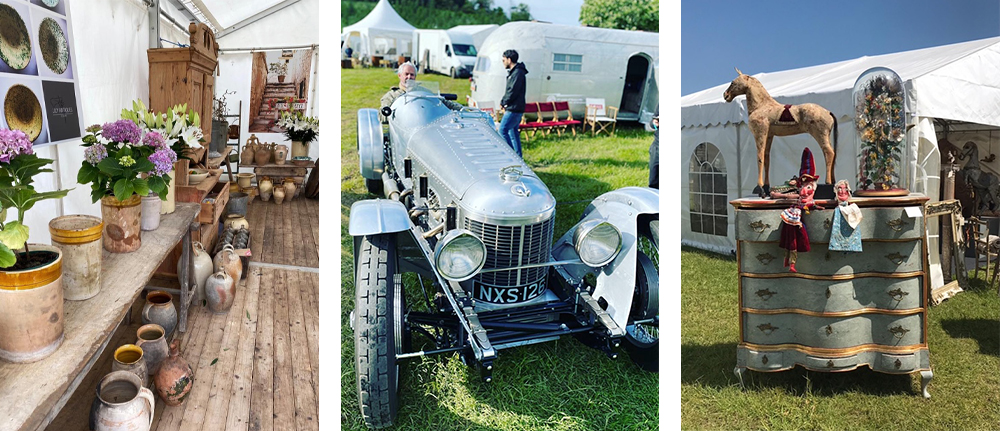Send some sweetness & light to loved ones with Jack & Beyond’s Christmas cakes & goodies available for delivery across the UK
Is it ever too early for the first mince pie of the year? We have decided that this year, most certainly not! We love food here at Round & About, which we’re showcasing in our jam-packed November & December magazines. So we have been trying to take the repeated warnings about food shortages in the run-up to the festive season with a pinch of salt!
Luckily, thanks to all the dedicated food & hospitality stars out there, we have found that there is much to celebrate… and tuck into! The bakers & makers at creative cake shop Jack & Beyond have wowed us, as well as the Great Taste award judges with their handmade artisan mince pies, generously filled with an immediate aroma of Christmas, earning them a two-star billing. They can be sent as gifts with a personal message or just as a treat for yourself (hey, we’re not judging!). There are also gingerbread mince pies and chocolate mince pies for the non-purists looking to shake things up.
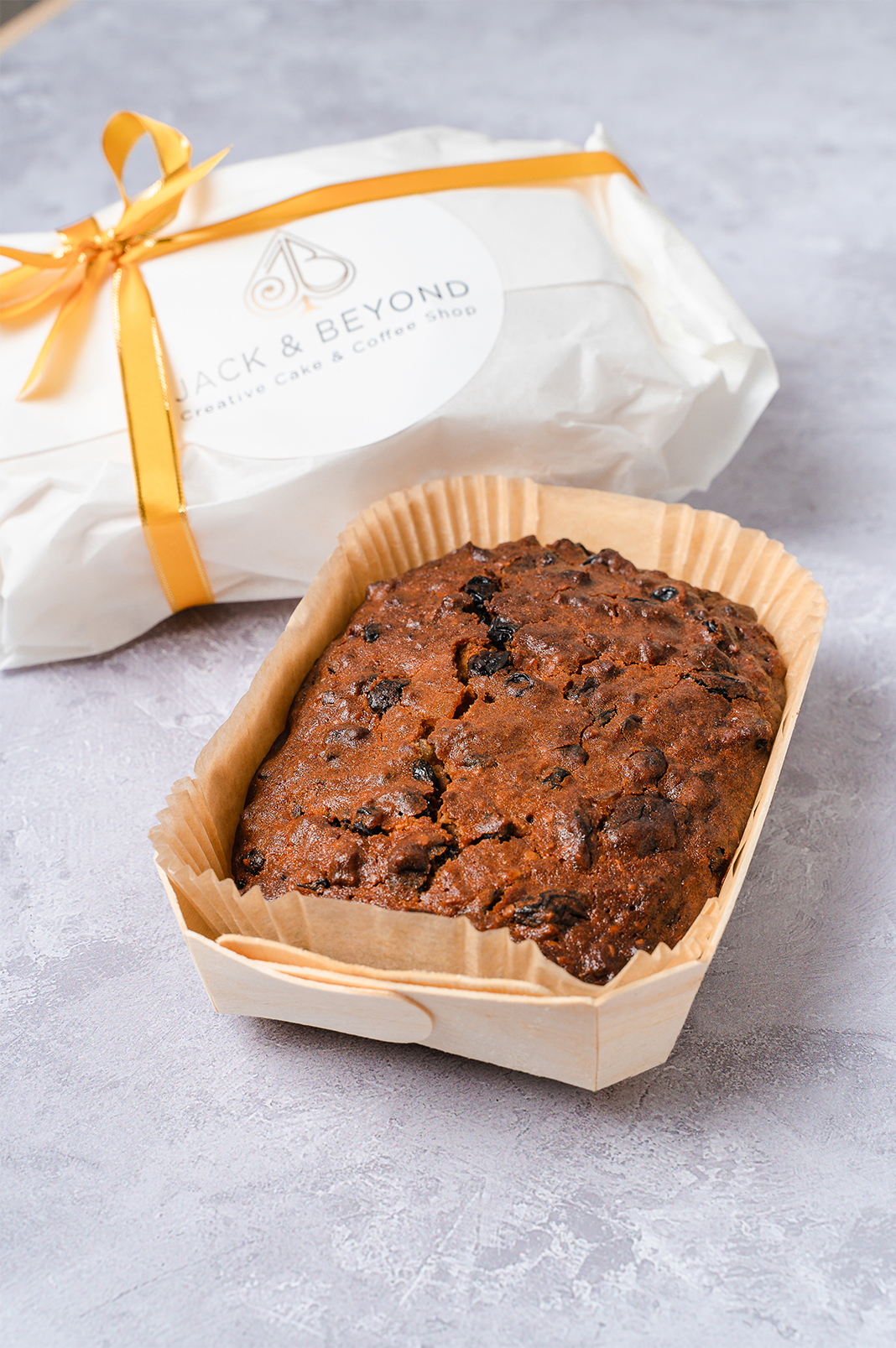
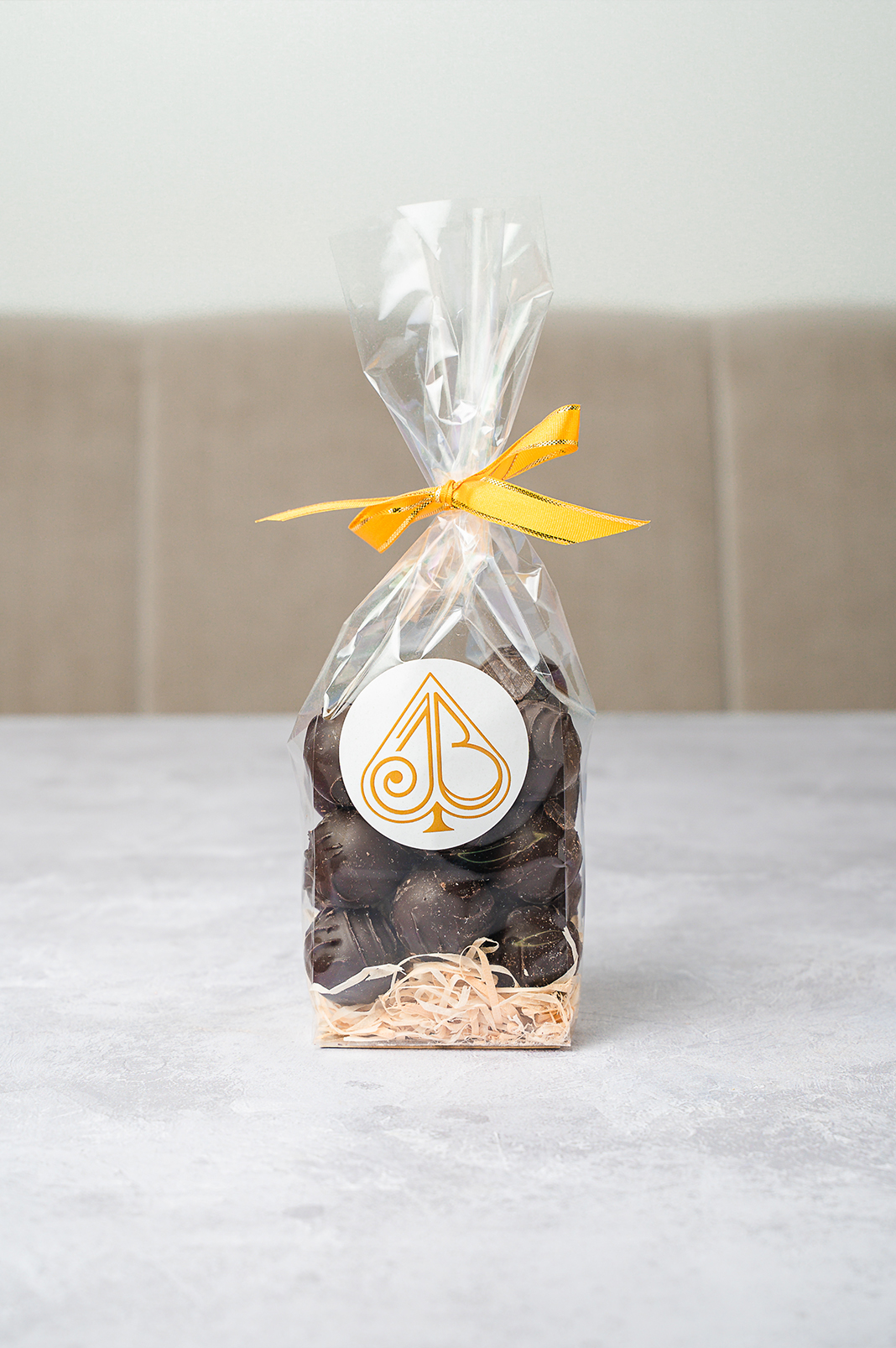
The London-based Jack & Beyond team have expanded their Christmas range for 2021 – all available to order from their online shop for delivery nationwide. In addition to their divine mince pies, they have Christmas macarons, gingerbread and moreish truffles which make tasty Christmas gifts or simply a luxurious way to entertain your guests this Christmas.
New for 2021 are Christmas Macarons hand-decorated with quirky festive designs with four flavours raspberry, salted caramel, chocolate and lemon & elderflower all presented in a beautiful gift box. The new Christmas Gingerbread Cookies are packed with flavour and the fun decorations make them popular with adults and children.

For chocolate fans, Jack & Beyond’s range of smooth gooey brownies are made with luxurious dark Callebaut chocolate and finished with beautiful patterns, they achieve the perfect balance of sweetness and intense chocolate. Choose from white chocolate and pistachio; red velvet; salted caramel; peanut butter; and vegan chocolate and raspberry brownies and new for this year Bailey’s chocolate brownies fans – a classic chocolate chip brownie topped with a generous layer of indulgent Bailey’s & chocolate ganache. Ideal for gifts for colleagues, clients or teachers, Jack & Beyond has attractive gift bags of brownies, shortbread, fudge and new for 2021 Chocolate Truffles – Champagne, Dark Chocolate, Gin & Tonic, Raspberry & Champagne and Salted Caramel Truffles
For cake lovers, Jack & Beyond’s Christmas Yule Log and Fruit Cake Loaf are perfect treats or gifts and can be delivered nationwide. The Yule Log is an indulgent chocolate sponge cake roll with a swirl of spiced chocolate ganache, while the Fruit Cake has a lovely soft texture and packed with flavours of mixed dried fruits, spices and ground almonds.
JACK & BEYOND 606 Fulham Road, London, SW6 5RP • Web: Jackandbeyond.com/ • Instagram: @jackandbeyond • Facebook: /jackandbeyond
Tell us your local news here



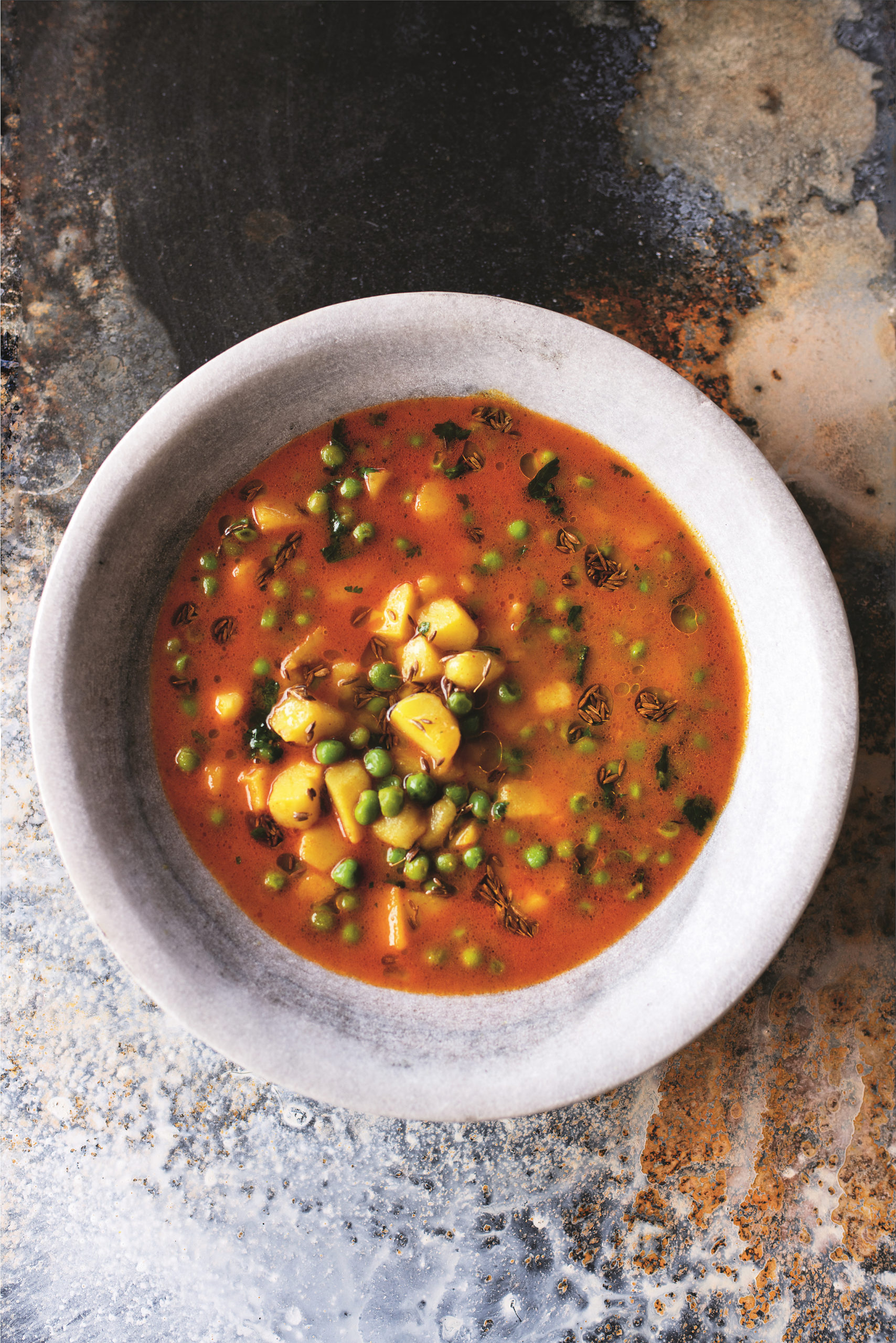
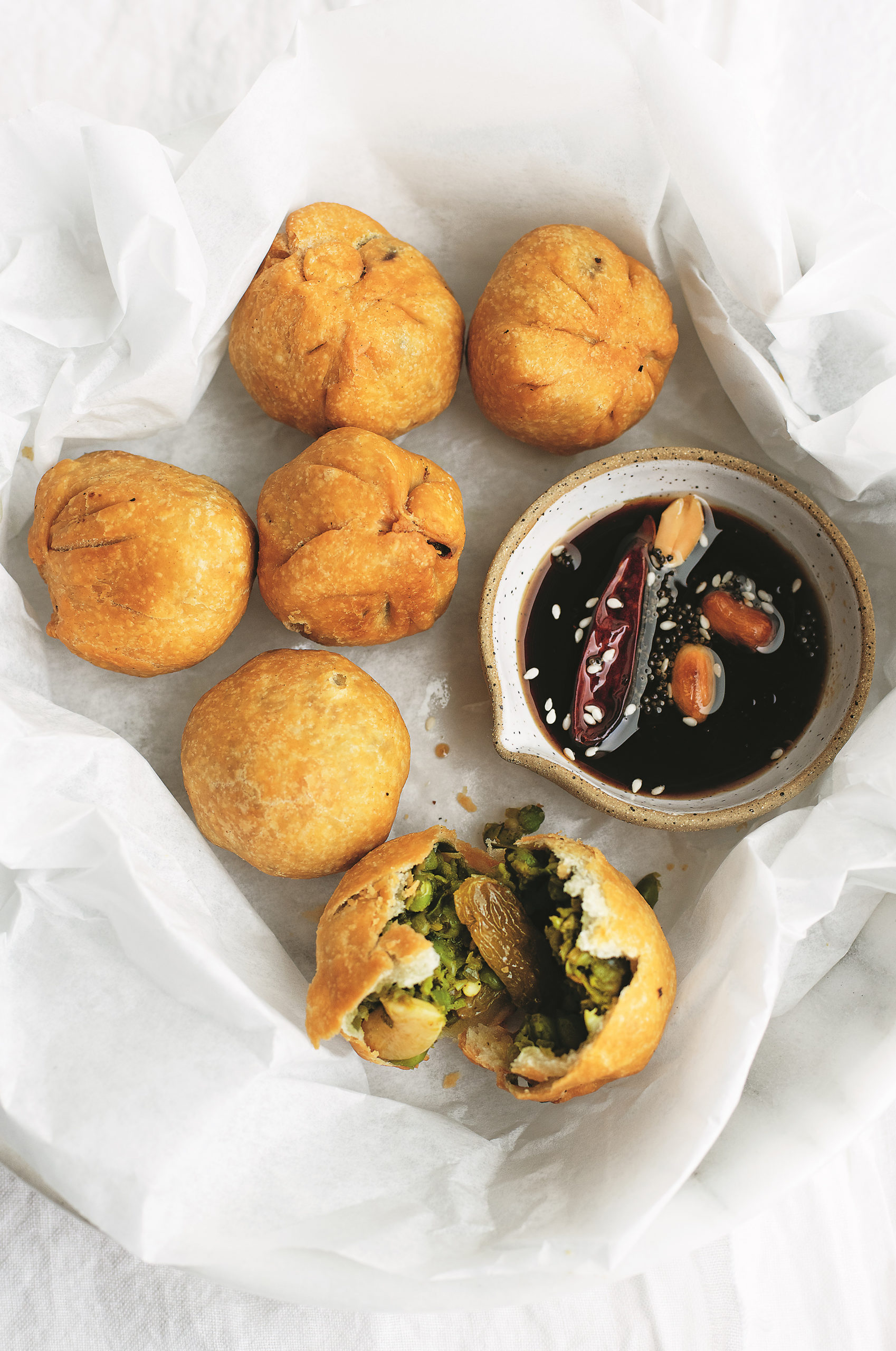






![Logo - FM&M[2]](https://roundandabout.co.uk/wp-content/uploads/Logo-FMM2-scaled.jpg)





